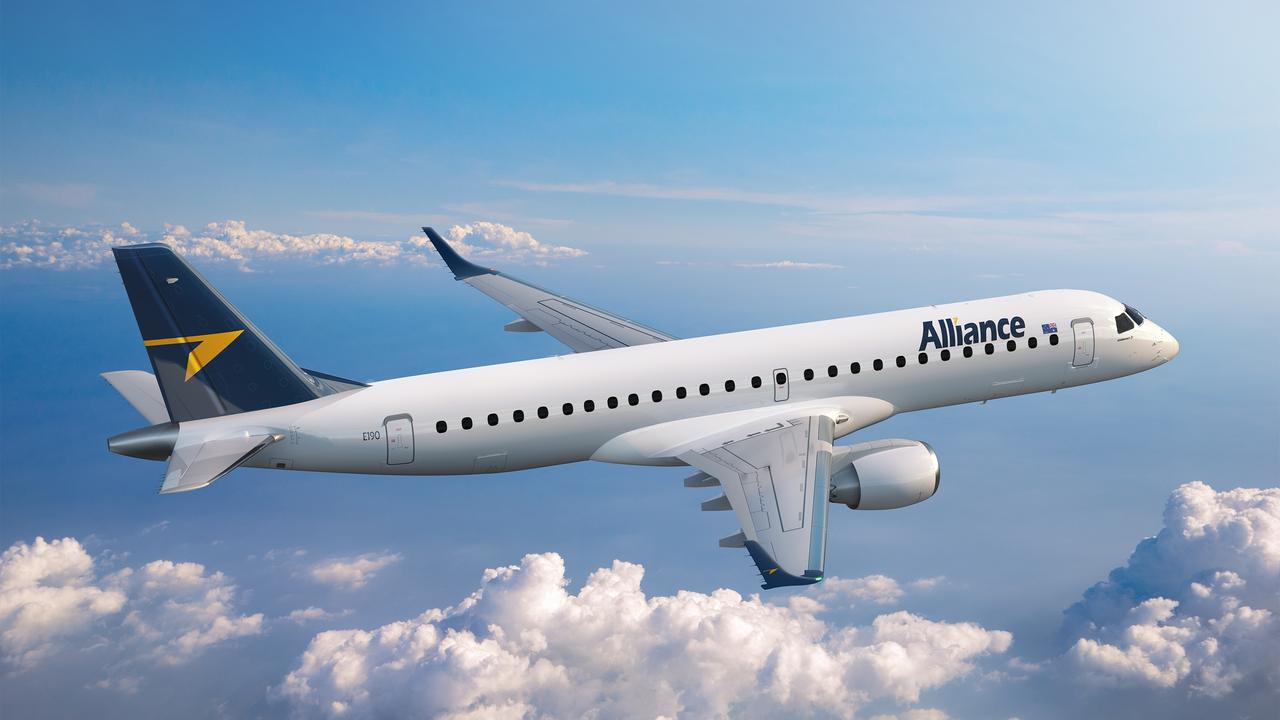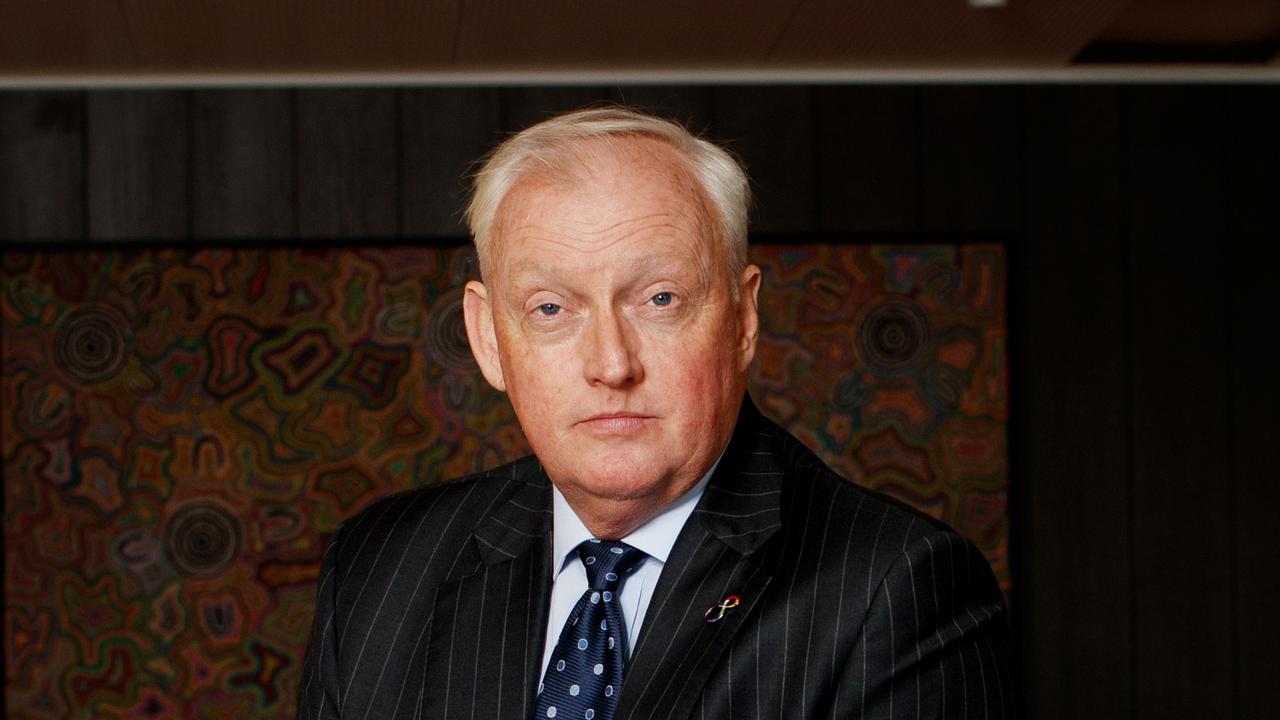DP World blames rolling union strikes, poor research methodology for Australian ports bad rap
Australia’s top container terminal stevedore has hit back at a damning report on the nation’s inefficient ports and blamed union strikes.

Business
Don't miss out on the headlines from Business. Followed categories will be added to My News.
Stevedore giant DP World has hit back at the competition regulator and its claims that Australia’s ports are among the worst in the world, blaming rolling union strikes and poor research methodology for casting the ports in such a bad light.
DP World Australia chief executive Andrew Adam has looked to distance the global logistics and ports operator from the poor operations at Australia’s ports and deflected some of the blame at unions and the disruptions caused by the Covid-19 pandemic.
The local stevedoring company owned by Emirati company DP World has expressed surprise at the weighting attributed to a third party report on port performance in the Australian Competition and Consumer Commission’s stevedoring monitoring report released last week.
The inaugural IHS Markit report – which rated Australia’s ports from Sydney to Fremantle as near the bottom of 351 global ports in terms of efficiency and performance – was heavily featured in the ACCC stevedoring document and laid out the inefficiencies around berthing, unloading containers and other key metrics.
“Following the release of the 2020-21 ACCC stevedoring monitoring report, DP World is surprised at the weight attributed to the inaugural IHS Markit report on global port performance which was published earlier this year,” DP World Australia said in a statement on Wednesday.
“The findings from IHS Markit require further scrutiny, particularly the criteria used to measure both port performance and stevedores performance.”
The ACCC report mentioned the recent study by the World Bank and IHS Markit which showed that, even before the pandemic disruption, Australian container ports were well below international best practice. The study ranked Australia’s largest container ports, Melbourne and Sydney, in the bottom 15 per cent and 10 per cent respectively out of the 351 global ports in the study.
DP World Australia is rejecting these findings and said Australian ports have outperformed many other international container ports.
“The industry has seen in the period since the report data was collected that waiting times of vessels for an available berth has grown significantly at some ports,” said Mr Adam.
“Additionally, some Asian ports have entirely shut down in the past year, causing major disruption to global shipping schedules and supply chains.
“To ensure an appropriate representation of data in future releases from IHS Markit, the report should reflect the time ships are at anchor outside ports awaiting berth and not just the ‘time on berth’.”
Mr Adam argued Australian ports had historically achieved low waiting times at anchor, due to excess berth capacity at container terminals, as compared globally, due in part to the investment of both port owners and stevedores.
The ACCC report showed average idle hours – the length of time a ship spends at berth – at Port Botany almost doubled from 11.9 hours pre-pandemic to 21.2 hours in 2020-21. Congestion at Port Botany has become so bad that some shipping lines are skipping the port entirely.
The ACCC also reported that the median in-port time for container ships visiting Australia was 1.4 days in 2020. This is more than four times as long as Japan, more than double compared to China and 67 per cent greater than the time ships spent in Singapore or New Zealand.
The data used by the ACCC also coincided with industrial action by the Maritime Union of Australia at all DP World Australian sites through 2019, with the MUA undertaking “persistent and rolling industrial action” at all four stevedores over the last three years, DP World said.
“Changes to the Fair Work Act to enable the Fair Work Commission to swiftly end the negotiation where impasses in negotiations extend beyond a special period after the expiration of an Enterprise Agreement should be considered by the federal government,” Mr Adam said.
He added that despite congestion and pressure on road and rail supply chains, average waiting time in the year to date at all east coast Australian terminals operated by DP World was less than 14 hours.
More Coverage
Originally published as DP World blames rolling union strikes, poor research methodology for Australian ports bad rap









